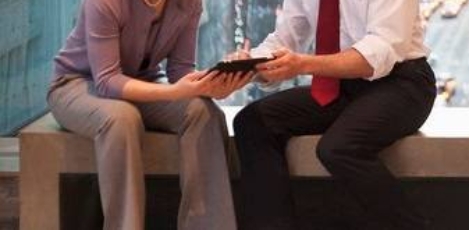July 1, 2016
Increase in workplace technology spend will help make offices ‘more human’ 0
 Spending on workplace technology has doubled in the past five years as artificial intelligence is used to redefine how we connect in the workplace. That is the central claim of a new report from design firm Unispace based on interviews with CEOs and Heads of Real Estate at some 100 blue chip firms worldwide including KPMG, Cisco, Adidas, GE, Accenture, Boston Consulting Group, Regus, Deloitte, UBS, Chevron, CitiGroup, and Ashurst, Respondents were asked to assess how they expect to use office space in 2020. According to the report, respondents indicated that they will continue increasing technology spend, irrevocably changing the traditional office space as we know it. Over the last five years, the average company spent 10 percent of its workplace budgets on technology with 30 percent going on services, partitioning and furniture. The trend has now reversed with technology spend outstripping other spend as companies strive to improve efficiency, collaboration, creativity, engagement and recruitment.
Spending on workplace technology has doubled in the past five years as artificial intelligence is used to redefine how we connect in the workplace. That is the central claim of a new report from design firm Unispace based on interviews with CEOs and Heads of Real Estate at some 100 blue chip firms worldwide including KPMG, Cisco, Adidas, GE, Accenture, Boston Consulting Group, Regus, Deloitte, UBS, Chevron, CitiGroup, and Ashurst, Respondents were asked to assess how they expect to use office space in 2020. According to the report, respondents indicated that they will continue increasing technology spend, irrevocably changing the traditional office space as we know it. Over the last five years, the average company spent 10 percent of its workplace budgets on technology with 30 percent going on services, partitioning and furniture. The trend has now reversed with technology spend outstripping other spend as companies strive to improve efficiency, collaboration, creativity, engagement and recruitment.


































June 24, 2016
Property and workplace experts have their say on the Brexit outcome 0
by Mark Eltringham • Architecture, Comment, Facilities management, Property, Workplace, Workplace design
(more…)